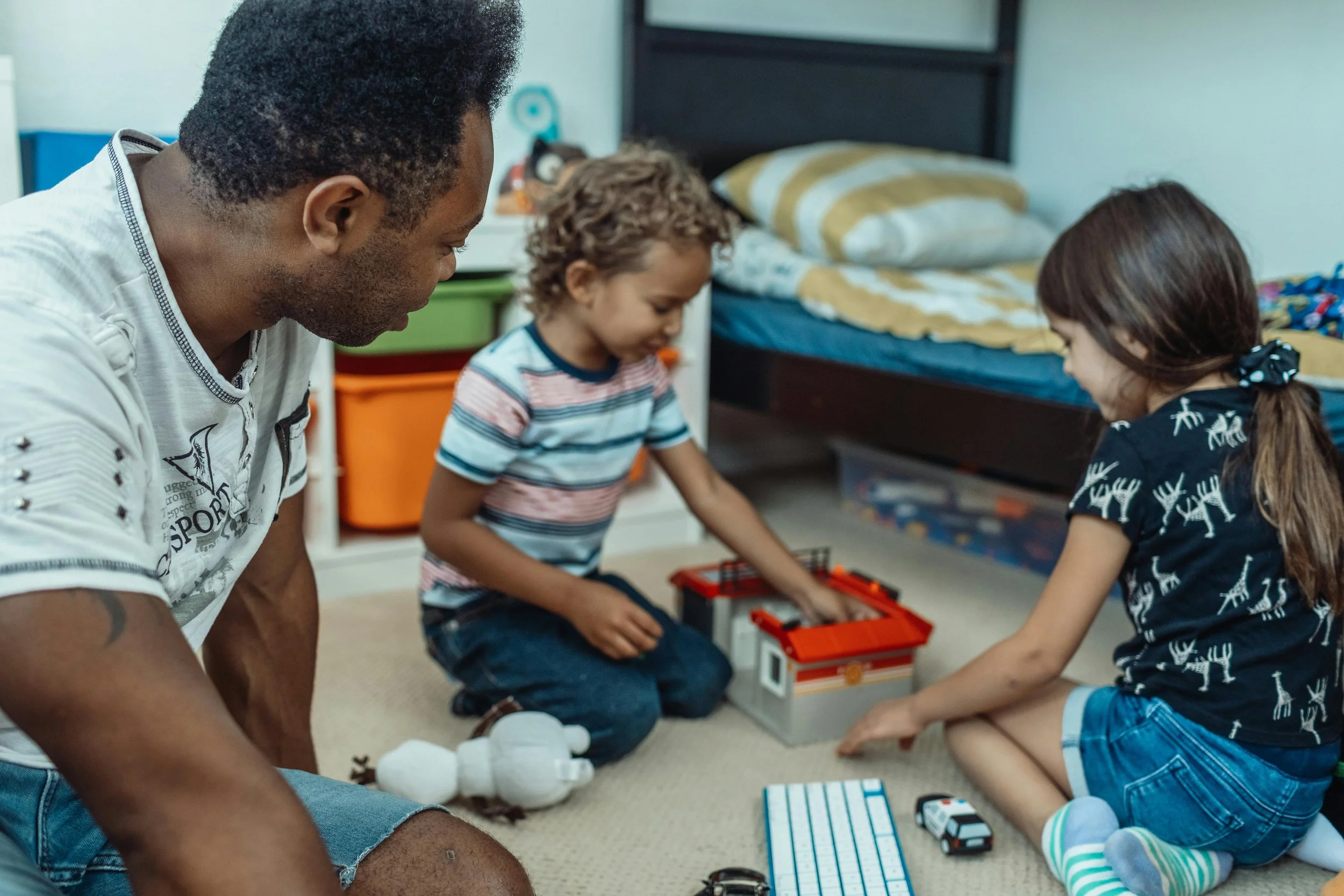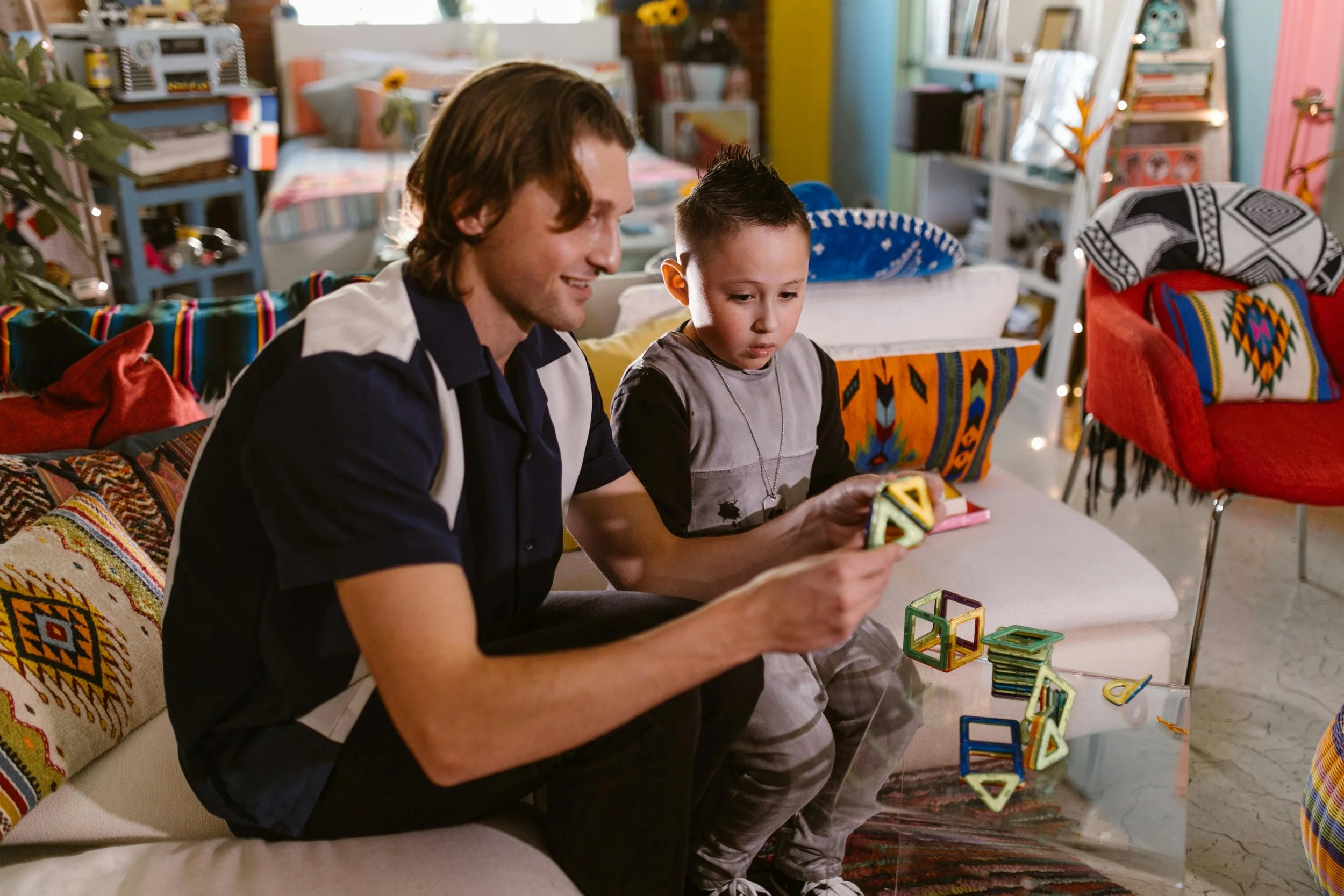The Fight For Foster Children
By A Better Childhood
If what Nelson Mandela said is true—that “there can be no keener revelation of a society’s soul than the way in which it treats its children”—then America has some serious soul searching to do. In the United States, over 400,000 children have been removed from their parents and placed in state foster care. States have a moral and legal obligation to provide reasonable care and safety to those children. But for decades, states have systematically failed to fulfill this most sacred duty.
So, what can be done? Traditional solutions are ineffective in the child welfare space. The federal government could withhold funding from states that mismanage their foster care systems, but it never has and likely never will because doing so would destroy those systems and harm the children. The press does its best to raise public awareness about failures within state agencies, but laws protecting the confidentiality of minors have the unfortunate side effect of insulating states from scrutiny. Citizens could take their concerns to the ballot box, but child welfare always takes a backseat to kitchen table issues. Without the administrative state, the fourth estate, or the ballot box to incentivize reform, there’s only one option left: the federal courts.
Enter A Better Childhood (ABC). Marcia Lowry, Founder and Executive Director of ABC, pioneered child welfare litigation in the 1970s at the American Civil Liberties Union. Since then, she has represented tens of thousands of foster children in federal class action lawsuits across the county. ABC carries on that watchdog mission, challenging states that fail to protect children and asking federal courts to implement much needed reforms. For example, in West Virginia, ABC is representing a class of foster children against the Governor and the Department of Health and Human services in the lawsuit, Jonathan v. Justice.
Child welfare litigation comes from a rich tradition of institutional reform litigation dating back to Brown v. Board of Education. Generally, the Constitution does not impose affirmative obligations on the government. Most constitutional rights are negative rights, prohibitions against certain state actions. But some constitutional rights, like those at issue in institutional reform litigation, are affirmative rights, entitlements to certain government actions.
The Due Process Clause of the Fourteenth Amendment prohibits states from depriving “any person of life, liberty, or property, without due process of law.” When states involuntarily deprive a person of their liberty—for example, through incarceration, institutionalization, or other similar restraint on personal liberty, like placement into foster care—the state must provide for their basic needs. This includes, at minimum, food, water, clothing, shelter, safe and sanitary conditions, and medical care. When the state fails to provide these basic needs, it violates its obligations under the Due Process Clause of the Fourteenth Amendment.
For example, caseworkers are responsible for ensuring the safety, permanency, and well-being of children who are at risk of abuse, neglect, or exploitation. To carry out this critical task, they must assess the needs of each child and family, develop individualized plans to meet those needs, and monitor progress toward achieving the desired outcomes.
When caseworkers have manageable caseloads, they can provide comprehensive and individualized services to each child and family in their care. They can take the time to build rapport, engage in meaningful conversations, and identify the unique needs and strengths of each child and family. They can work collaboratively with other professionals and community resources to address complex issues and provide timely interventions. As a result, they can help ensure that children are safe, supported, and able to thrive in their families and communities.
When caseloads become unmanageable, caseworkers are unable to adequately perform their job. This creates a cascade of critical failures, all of which jeopardize the health and safety of children in foster care. Overburdened workers may experience burnout and high levels of stress, leading to turnover and a shortage of experienced workers in the field. The vicious cycle is never-ending: unmanageable workloads and a caustic work environment lead to high rates of caseworker turnover; turnover further exacerbates caseworker burnout, low morale, and a negative agency culture, which feeds more turnover. Thus, the combination of unmanageable caseloads and high caseworker turnover creates a cycle of crisis that allows children to fall through the cracks.
States routinely deflect responsibility for systemic failure by blaming individual actors: “that bad caseworker didn’t protect the child,” or “those bad foster parents killed the kid.” But the problems we see in foster care systems are not the result of bad apples. They are symptomatic of institutional rot.
ABC’s lawsuits target the root causes. In West Virginia, Jonathan v. Justice seeks to have the state take responsibility for failing to train caseworkers, overloading them with cases and causing crippling turnover. With so many childhood care cases and few caseworkers, West Virginia is unable to fulfill its moral and legal duty to provide foster children reasonable care and safety.
When states finally accept responsibility, things change. New Jersey, as part of a settlement agreement, developed a plan to improve caseworker recruitment and retention. While annual child welfare turnover rates have averaged between 20% and 40% over the past 15 years, New Jersey’s child welfare agency has maintained a turnover rate between 6% and 10% since 2006. Among caseload staff, the turnover rate in the state was 4.3% in 2020, compared to 14.7% in 2005. And by addressing this root problem, New Jersey has been transformed into one of the safest foster care systems in the country.
If America wants to save its soul, it must radically transform the way it treats caseworkers, foster parents, and foster children. The lives and futures of 400,000 children hang in the balance. So long as states continue to fail, ABC will continue to vindicate the rights of foster children.


